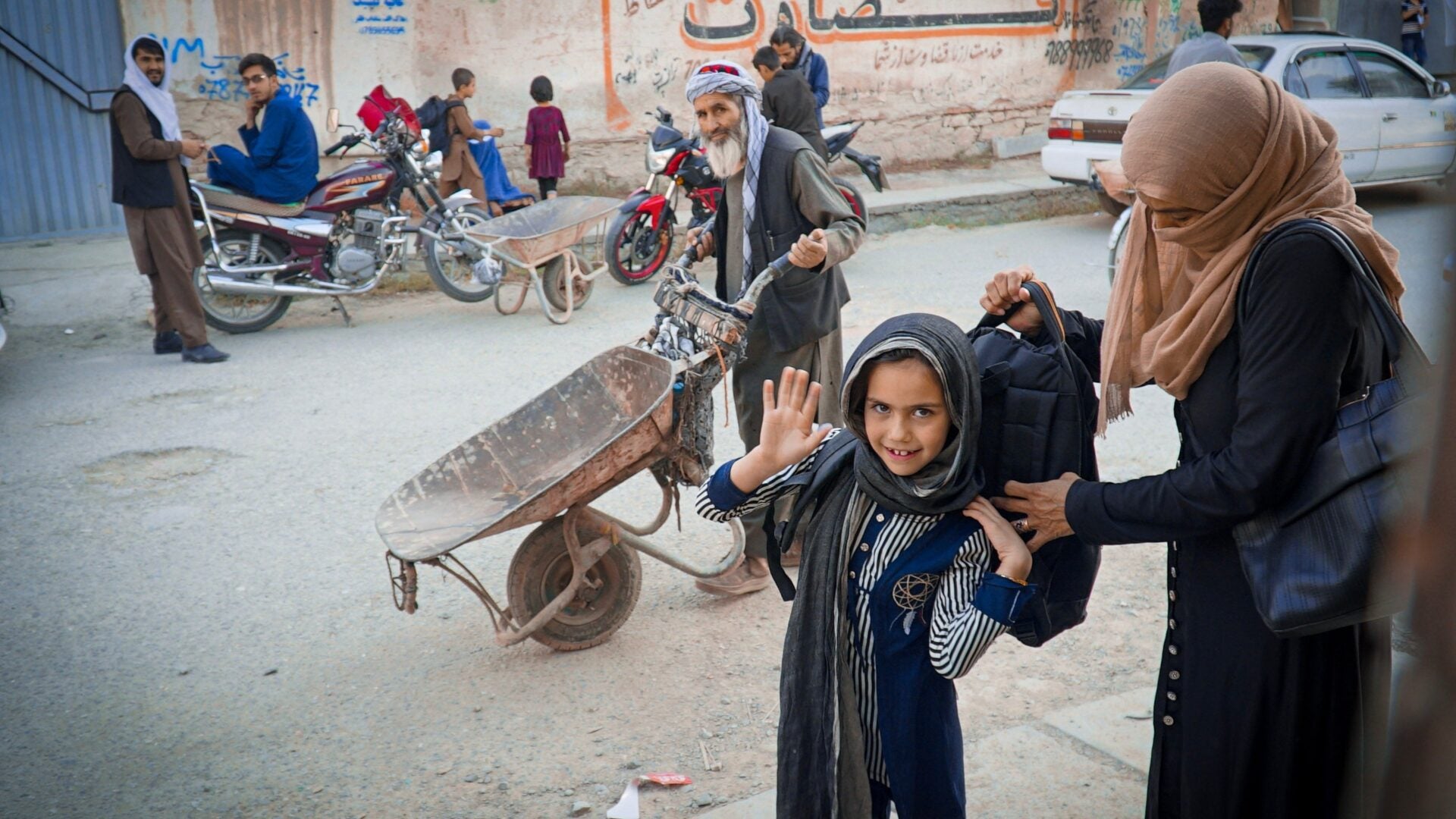Pathways to Education for Afghan Women and Girls

This month, Afghanistan’s schools opened for the start of a new academic year, but Afghan girls remain excluded from the classroom. The Taliban’s ban on girls’ education has lasted over a year and its implications are dire. Without the promise of a secondary education, increases in forced child marriage, gender-based violence, and depression disproportionately affect Afghan women and girls. There is no simple solution or replacement for in-person schooling. However, in this critical moment, the international community must identify, fund, and monitor alternative pathways to education for Afghan girls while continuing to advocate for a reversal of the ban.
Afghan experts, international partners, diplomats and leading policymakers identified the following calls to action for the international community:
- Pursue the restoration of formal education by pressuring the Taliban through measures like visa restrictions.
- Emphasize that girls’ education is an integral component of Islam in ongoing dialogues with Taliban officials. Regional and Muslim-majority countries should use their meetings with Taliban officials to call for the reversal of anti-women policies that are contrary to Islam.
- Support alternative educational models, including online and offline learning systems, to reach a wider range of Afghan students until formation education is restored.
- Invest in Afghan-led educational initiatives and fund local organizations that are providing educational services to Afghan women and girls because of the ban on formal education.
- Facilitate collaboration among international organizations, neighboring countries, and universities to help Afghan girls access international educational opportunities, regardless of immigration status.
- Collect and analyze data to identify limitations and trends in pathways to education, assess program quality, and monitor the effectiveness of interventions.
- Connect Afghan women to donors through private sector outreach and existing partnerships to spotlight Afghan-led educational solutions, reinvigorate donors’ commitment to Afghan women and girls, and combat growing donor apathy.
- Integrate counseling as a component of any educational programming to address the widespread mental health crisis.
Explore More

Women, Peace, and Security Shadow Report to Congress: What Was Built, What…

WPS Index 2025/26
